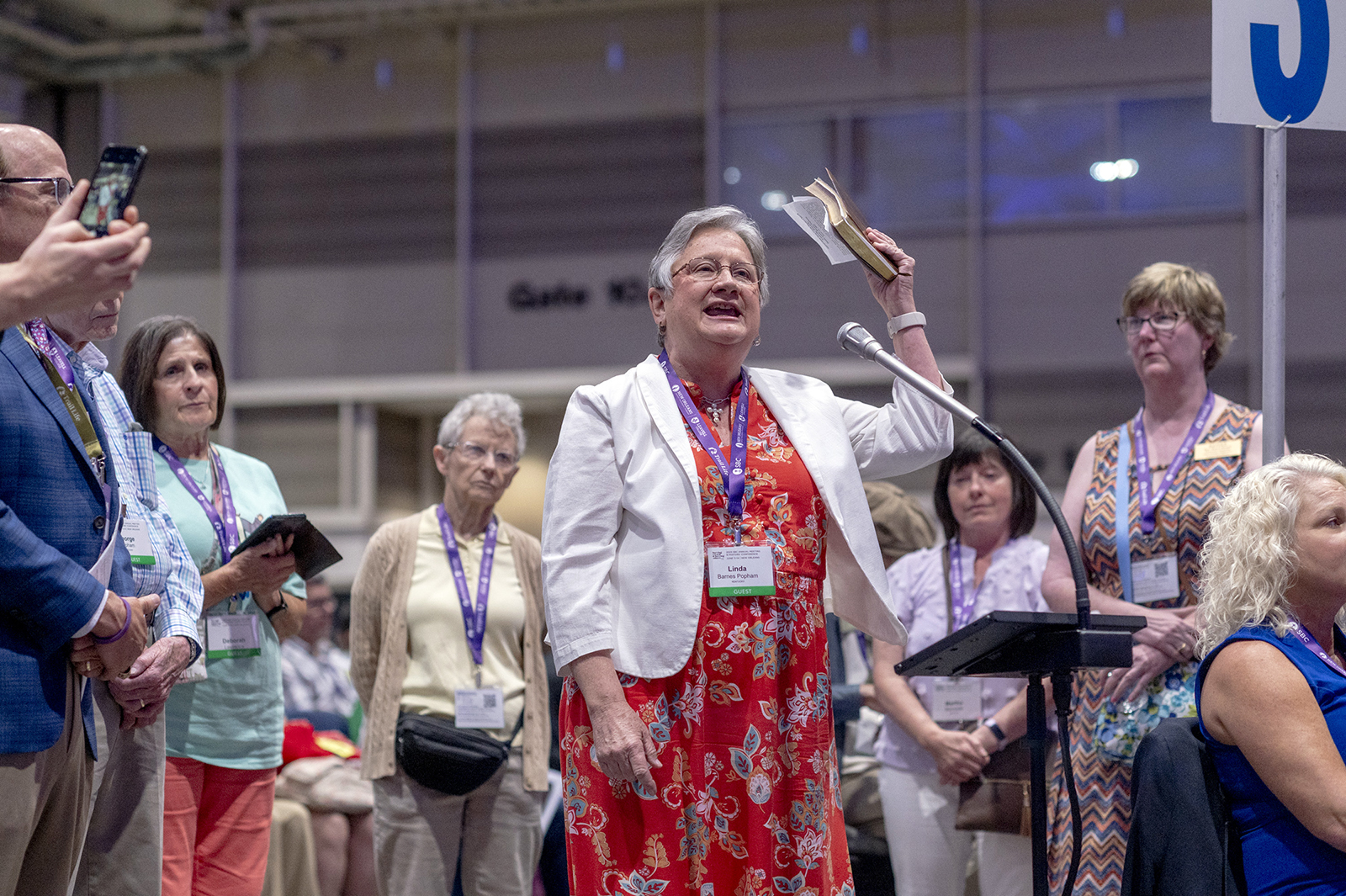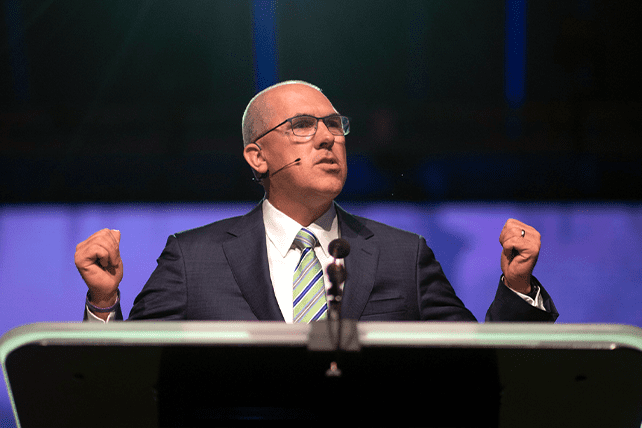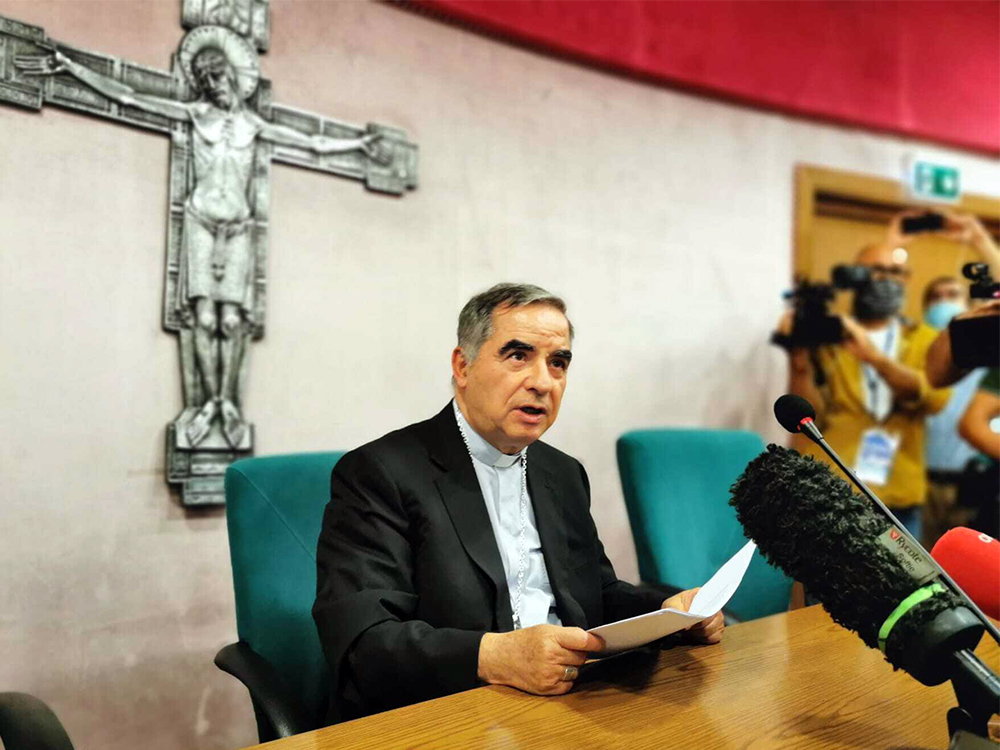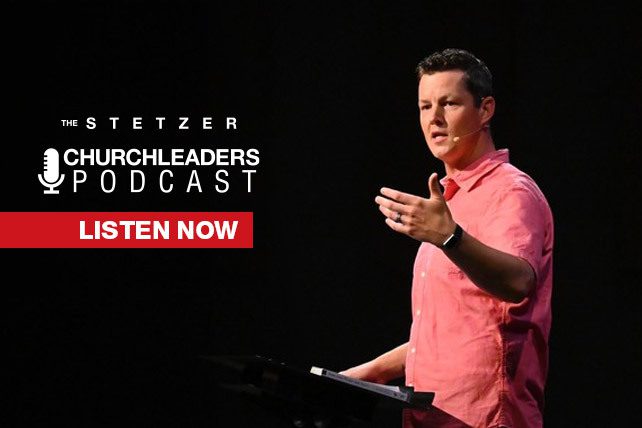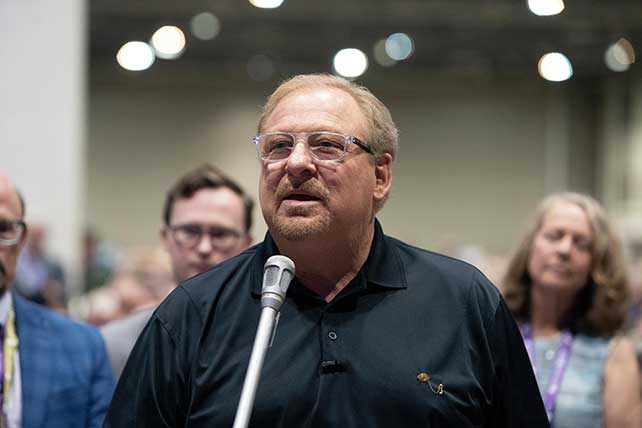Christian rapper, singer, and songwriter Lecrae addressed his fans and followers after he watched the docuseries, “The Secrets of Hillsong.” While he didn’t intend to start a full conversation against the “megachurch,” Lecrae advocated for genuine spiritual growth.
“I been minding my business and staying out of trouble and want to continue to do so. I just wanted to share a few thoughts I hope are helpful.” Lecrae continued, “I not anti mega church. It can be done well. I’ve experienced it. But I am PRO spiritual growth. This doc reminded me how important it is to foster a community of people around journeying with Jesus.”
Lecrae Addresses the Challenge of a Megachurch
As an example of a megachurch, Lecrae mentions Hillsong Church—a megachurch that had been expanding around the world but recently fell hard. Lecrae said he has seen the tabloids and interviews with certain pastors and watched the docuseries centered on the corruption within Hillsong.
In the trailer for the docuseries, disgraced former pastor of Hillsong East Coast Carl Lentz said, “You do not want to be in this chair. I cannot stress that enough.”
“The Secrets of Hillsong” includes further corruption within leadership, as former global senior pastor Brian Houston stands trial for hiding his own father’s child sex crimes. The series “goes beyond the sensational headlines and behind the velvet rope to examine the church’s long pattern of covering up misconduct to protect itself.”
Lecrae Focuses on One Central Problem Within the Mega Church
“Let me give you my two cents,” Lecrae offered. “I think, personally, that megachurches create some crazy challenges for people in terms of spiritual formation, discipleship, and pastoral care.”
Lecrae continued, “I mentor a lot of younger believers, and right now I notice that they are far more influenced off of the social majority, social media, and cloud culture—than they are from a consistent community of believers that are integrated into their lives.”
“As long as they show up on Sunday…amongst 2,000 other people, it appears like they’re ‘good,'” Lecrae said. “The modern church follows the structure of an American business institution—more than it is a community shepherded by leaders and sharpened by a community.”
The rapper further described many megachurches. “The focal point is like this great day of presentation, oratory speeches, and musical production,” Lecrae said. “And, there’s nothing wrong with that—but it’s usually just that, and not a consistent community of people who are walking through life together.”
Lecrae concluded, “I don’t have anything against the megachurch. I just think it presents some crazy challenges because, oftentimes, when you’re trying to build a business—the end goal is capital growth. But, when you’re trying to build a church, it’s spiritual growth.”
View this post on Instagram



